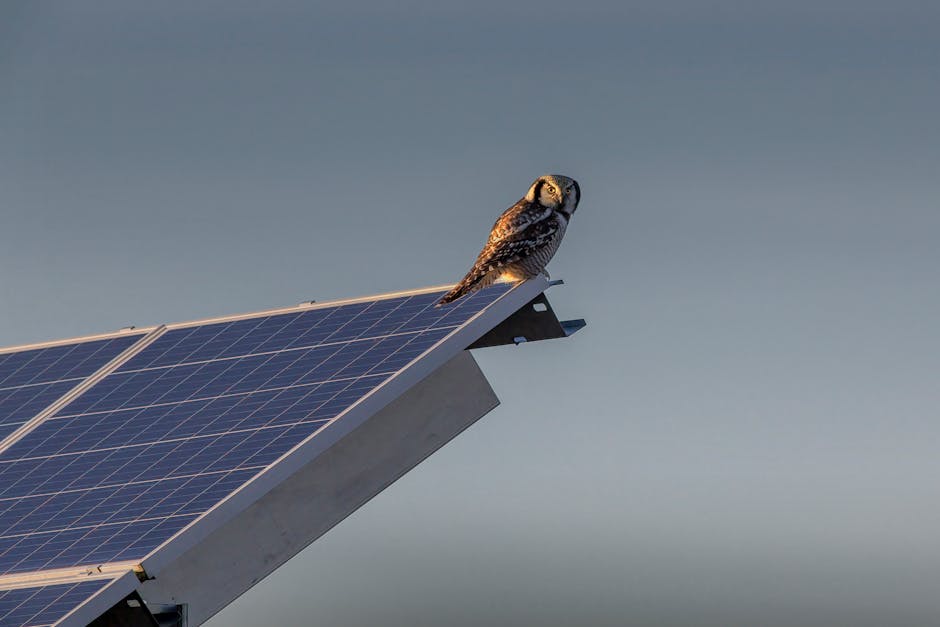Eco-Friendly Techniques in Modern Hunting
When we think of hunting, the image that often comes to mind is one of a traditional practice that may not align with modern values of conservation and sustainability. However, hunting has come a long way from its historical roots, with a growing focus on eco-friendly techniques that prioritize the well-being of the environment and wildlife. In this article, we will explore the world of eco-friendly hunting practices, delving into the methods, benefits, and controversies surrounding this evolving approach.
The Evolution of Hunting

Hunting has been a fundamental part of human history, providing food, clothing, and materials for survival. However, as populations grew and technology advanced, hunting practices began to pose a threat to wildlife populations and their habitats. This led to the development of conservation efforts and regulations to protect endangered species and ensure the sustainability of hunting practices.
In recent years, there has been a shift towards eco-friendly hunting techniques that prioritize ethical and sustainable practices. These methods aim to minimize the impact on the environment and wildlife, while still allowing for the tradition of hunting to continue in a responsible manner.
Benefits of Eco-Friendly Hunting Techniques

There are several benefits to adopting eco-friendly hunting techniques, both for the environment and for hunters themselves. One of the primary benefits is the conservation of wildlife populations, as hunting can be used as a tool to manage and control species that may be overpopulated or causing damage to ecosystems.
Additionally, eco-friendly hunting practices promote ethical hunting behavior, such as fair chase principles and selective harvesting, which help maintain healthy and balanced wildlife populations. By following these principles, hunters can ensure that they are making a positive contribution to conservation efforts while also enjoying the sport of hunting.
Methods of Eco-Friendly Hunting

There are several eco-friendly hunting techniques that are gaining popularity among modern hunters. One such method is bow hunting, which requires hunters to get closer to their prey and make a more precise shot, reducing the risk of wounding an animal and increasing the chances of a quick and humane kill.
Another eco-friendly hunting technique is the use of non-lead ammunition, which helps prevent lead poisoning in wildlife that may ingest lead fragments left behind in carcasses. By using alternative materials such as copper or steel, hunters can reduce the environmental impact of their hunting activities and protect wildlife from the harmful effects of lead poisoning.
Case Study: Fair Chase Hunting

One of the most important principles of eco-friendly hunting is fair chase, which emphasizes the importance of giving animals a fighting chance and respecting their natural instincts. Fair chase hunting requires hunters to follow ethical guidelines such as stalking their prey on foot, using primitive weapons, and avoiding the use of motorized vehicles or electronic devices.
One example of fair chase hunting in action is the Boone and Crockett Club, an organization dedicated to promoting ethical hunting practices and conservation efforts. The club’s members adhere to a strict code of conduct that emphasizes fair chase principles and sustainable hunting practices, setting a standard for ethical hunting behavior.
Controversies in Eco-Friendly Hunting
While eco-friendly hunting techniques have many benefits, they are not without controversy. One of the main criticisms of these practices is the perception that hunting is inherently harmful to wildlife and the environment, regardless of the methods used. Some argue that hunting for sport or trophy hunting is unethical and unnecessary, regardless of the conservation efforts that may be associated with it.
There is also debate surrounding the effectiveness of eco-friendly hunting techniques in actually conserving wildlife populations. Critics question whether hunting can truly be sustainable in the long term, especially in the face of habitat loss, climate change, and other threats to biodiversity. It is important for hunters and conservationists to address these concerns and work towards finding solutions that balance the needs of both humans and wildlife.
Common Misconceptions about Eco-Friendly Hunting
One common misconception about eco-friendly hunting is that it is only for experienced or skilled hunters. In reality, anyone can adopt eco-friendly hunting techniques, regardless of their level of expertise. By following ethical guidelines and practicing responsible hunting behavior, hunters can make a positive impact on conservation efforts and contribute to the sustainability of wildlife populations.
Another misconception is that hunting is a purely destructive activity that harms wildlife and the environment. While hunting can have negative impacts if not done responsibly, eco-friendly hunting techniques can actually benefit wildlife populations and their habitats by managing populations, controlling invasive species, and promoting healthy ecosystems.
Conclusion
In conclusion, eco-friendly hunting techniques play a crucial role in modern conservation efforts and the sustainability of hunting practices. By adopting ethical principles such as fair chase, using non-lead ammunition, and practicing selective harvesting, hunters can contribute to the preservation of wildlife populations and their habitats. It is important for hunters to educate themselves on eco-friendly hunting methods and advocate for responsible hunting practices that prioritize the well-being of the environment and wildlife.
As we continue to explore the evolving world of hunting, it is essential to consider the impact of our actions on the natural world and strive to find a balance between tradition and conservation. By embracing eco-friendly hunting techniques, we can ensure that future generations have the opportunity to experience the thrill of the hunt while also preserving the beauty and diversity of our natural world.




